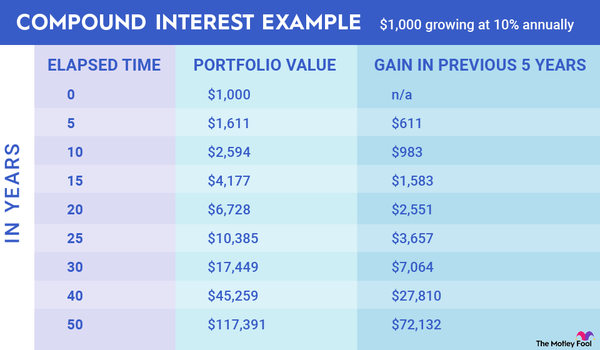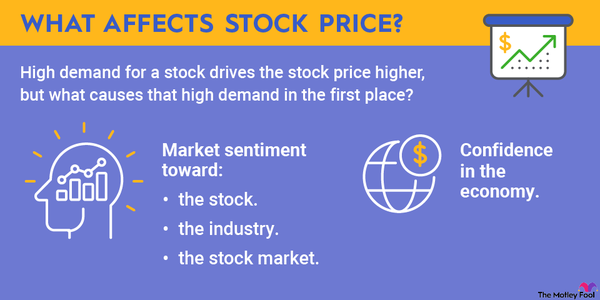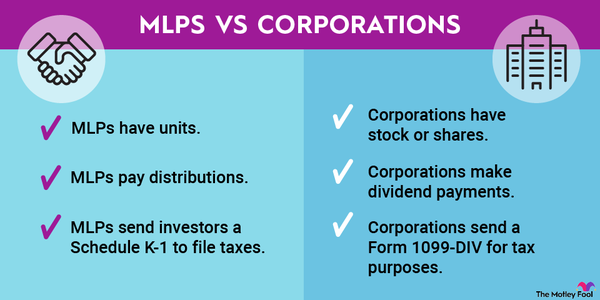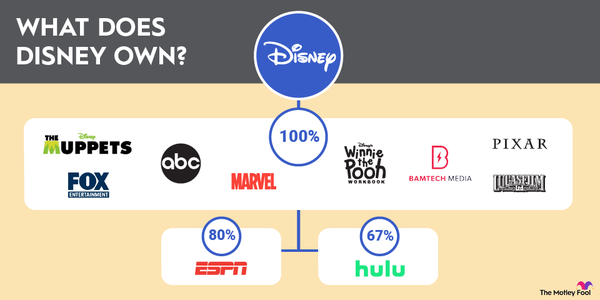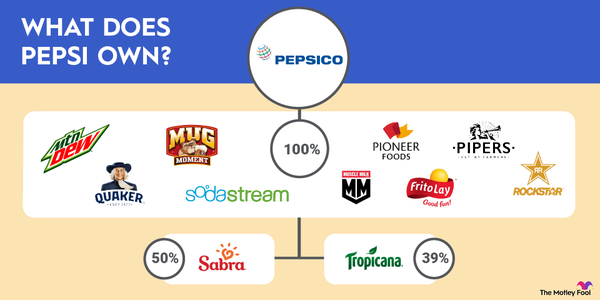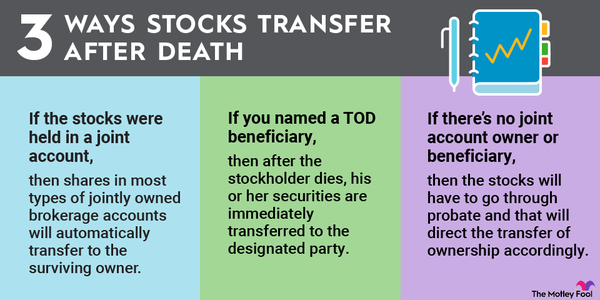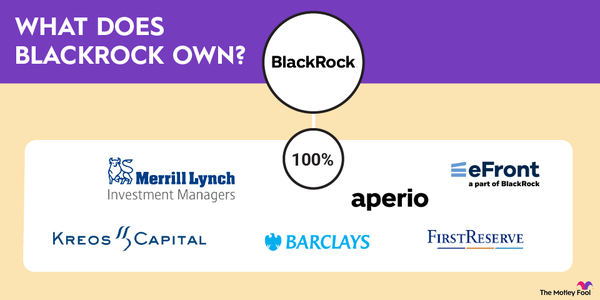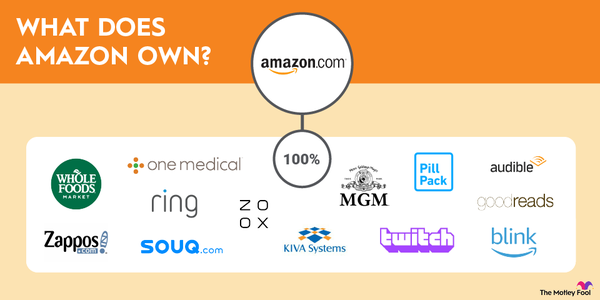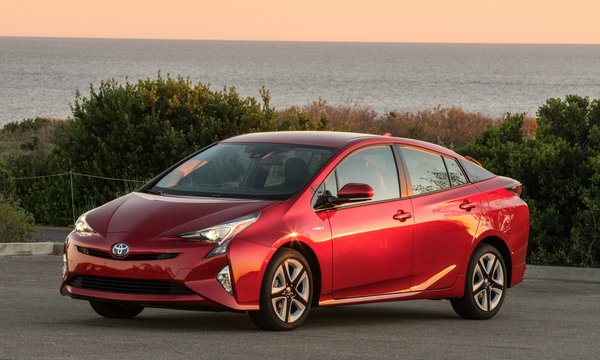How many stocks do you really need in your portfolio? Well, there's no right or wrong answer to this question; there are some good ways to arrive at a number that's right for you. Now, before opening up a new brokerage account, let's try to answer the question of how many stocks you should own.
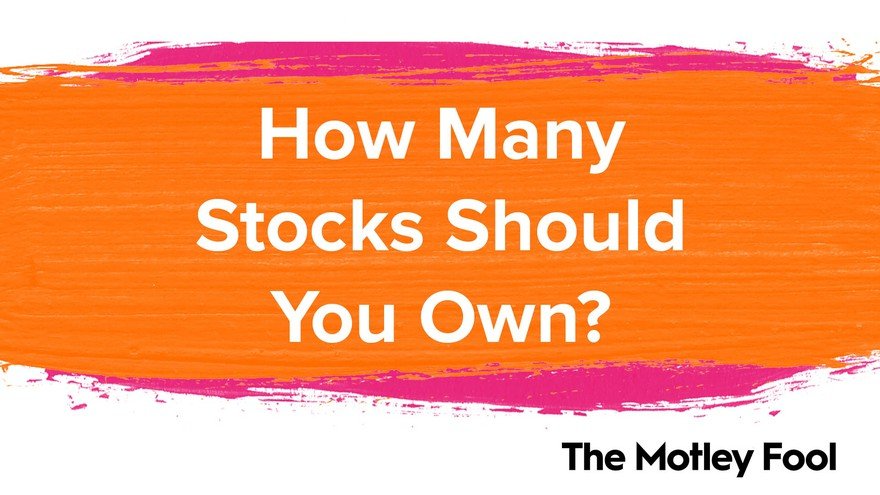
How many stocks you should own
How many different stocks should you own?
The average diversified portfolio holds between 20 and 30 stocks, but could have even more. The Motley Fool's position is that investors should own 25 or more different stocks. Diversifying your portfolio in the stock market is a good idea for investors because it decreases risk by ensuring that no single company has too much influence over the value of your holdings.
Owning more stocks equals greater stock portfolio diversification, but there is a practical limit before your portfolio becomes too hard to track. The name of the game is to diversify while still thoroughly understanding why you've invested in each of the stocks in your portfolio.
Add to existing holdings or diversify?
Should you add to existing stock holdings or diversify?
The answer to this question depends on several different factors, including your investment time horizon, risk tolerance, current portfolio diversification, and tax status.
If your individual stock holdings are not well-diversified, then buying new stocks is probably your best option. If you're adding to a diversified portfolio, then you can:
- Increase your investment in each existing stock in your portfolio by the same amount.
- Increase your exposure to the stocks in your portfolio that you like the most.
- Further diversify your portfolio by purchasing additional stocks.
None of these options is categorically better than another. Further diversifying your holdings can be a solid choice, provided that you have the capacity to oversee an even broader portfolio.
Large vs. small portfolio
Large vs. small portfolio size
Whether your portfolio holds a large or small number of stocks, there are both benefits and drawbacks:
| Portfolio Size | Advantages | Disadvantages |
|---|---|---|
| Small (few stocks in your portfolio) |
|
|
| Large (many stocks in your portfolio) |
|
|
Benefits of diversification
Benefits of portfolio diversification
Diversifying your portfolio is one of the best things you can do to lower the overall risk of your holdings. Diversification removes non-systemic risk, leaving only the overall risk of investing in the stock market.
Well-diversified portfolios, which are ideally diversified across companies, industries, and geographies, tend to consistently gain value over time. They are also less volatile.
The failure of any one company, the decline of any industry, or poor economic conditions in any single geographic area are offset by the gains of other holdings in a diversified portfolio.
Potential downsides of diversification
While diversifying your portfolio is recommended, owning a large portfolio of stocks can be unappealing for several reasons. Aside from the administrative burden and the possibility of high trading fees, you may not want to have to choose individual stocks.
Buying shares in an exchange-traded fund (ETF), which holds a collection of stocks, can be an excellent option that gives you instant diversification. Some ETFs hold hundreds of stocks in their portfolios. It should be noted that your portfolio will perform about just as well or poorly as the market or index does.
Investing $1K, $10K, or $100K
How many stocks should you own with $1K, $10K, or $100K?
While you might think that the amount of money you have to invest should directly affect how many stocks you own, the decision of how many different stocks to buy is -- ideally -- still largely driven by other factors.
Diversifying your portfolio is crucially important, no matter how much money you are investing, although if you only have $1,000 available, then buying 20 to 30 stocks is likely too cumbersome and time-consuming.
Even with $10,000 or $100,000 available, you may decide to diversify by just investing in mutual funds or ETFs. Regardless of how much money you have to invest, the number of stocks you own should be combined with the amount of research you are willing to do.
Related investing topics
How much in individual stocks?
How much of my portfolio should be in individual stocks?
There are several different schools of thought on this issue. For investors who believe in a pure, buy-and-hold approach, the answer would be zero. Individual stocks carry unsystematic risk (otherwise known as "company-specific" risk), which makes them inherently riskier than the market as a whole.
If you do choose to hold individual stocks, you'll want to ensure that the share of individual stocks you own lines up with your broader asset allocation. In other words, if you've determined (based on your risk tolerance and investment time horizon) that your optimal asset allocation is 70% stocks and 30% bonds, you'll need to make sure that no more than 70% of your portfolio is invested in individual stocks.
As you go about picking out your specific stocks, be sure not to concentrate too much of your portfolio on one company or industry. No matter the size of your portfolio, however, diversification has to be a part of the conversation.











